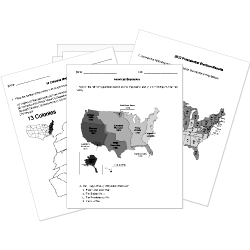Seventh Grade (Grade 7) Enlightenment Questions
You can create printable tests and worksheets from these Grade 7 Enlightenment questions! Select one or more questions using the checkboxes above each question. Then click the add selected questions to a test button before moving to another page.






